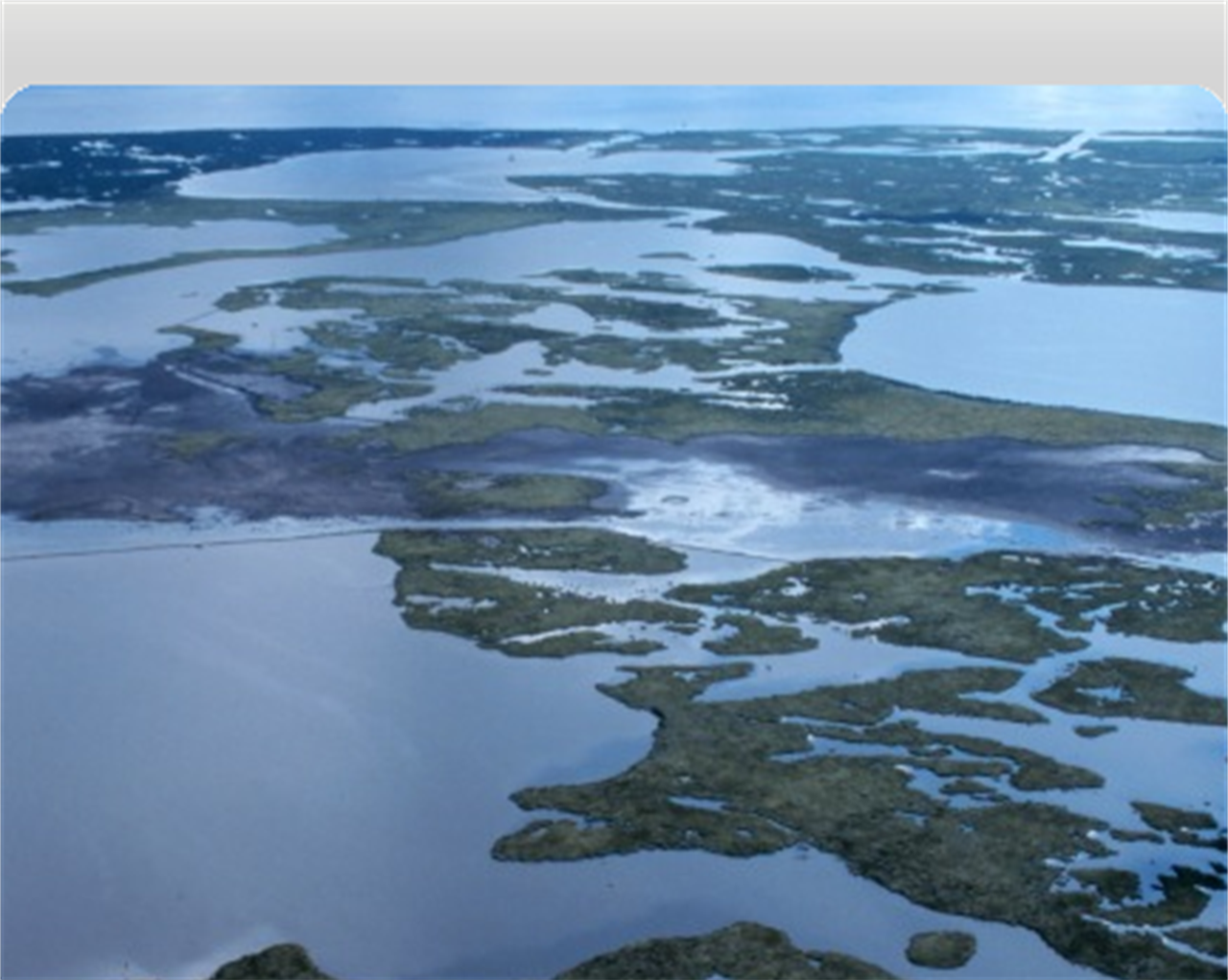Sostenibilità
The Louisiana catastrophe
The Louisiana wetlands are under imminent threat: Greenpeace UK reports.
di Staff

Will they never learn? Today the Gulf coast of the southern US is facing environmental catastrophe. Over 200,000 gallons of crude oil a day is leaking from the wellhead of the destroyed BP rig Deepwater Horizon, creating a giant slick visible from space.
All efforts to stem the flow have so far failed. Weather forecasters are warning that changing winds could drive the slick ashore by Friday night. The Louisiana coast, which has around 40% of the nation’s wetlands – key spawning grounds for countless fish and bird species – will be hardest hit.
This catastrophe is another painful reminder of the inability of oil companies, in this case BP, to deal with the consequences of their failures. Instead of moving ‘beyond petroleum’ as its adverts used to proudly proclaim, these days BP is investing in ever more remote and unconventional sources as it attempts to exploit the last remaining pockets of oil on the planet.
Under its current chief Tony Hayward the company is pouring $19bn into developing its oil and gas business, compared with less than $1bn on all forms of renewable technologies – and that $1bn includes spending on controversial biofuels. Hayward insist that his primary motivation is “to create value for our shareholders”.
The Deepwater Horizon disaster highlights the dramatic risks of this approach, but it’s just one example. BP’s recent investment in the tar sands of Canada is another clear case of a high-risk strategy which could affect the world’s climate for centuries.
There is clearly a huge gulf between the technologies available to locate and extract oil from increasingly inaccessible locations (this well, over a mile below the ocean surface, is one of the deepest in the world), and any real ability to deal with the consequences when things go wrong.
But as long as companies like BP pursue a strategy of short-term profit for shareholders at the expense of all other considerations, things are unlikely to change.
Source: Greenpeace
17 centesimi al giorno sono troppi?
Poco più di un euro a settimana, un caffè al bar o forse meno. 60 euro l’anno per tutti i contenuti di VITA, gli articoli online senza pubblicità, i magazine, le newsletter, i podcast, le infografiche e i libri digitali. Ma soprattutto per aiutarci a raccontare il sociale con sempre maggiore forza e incisività.
